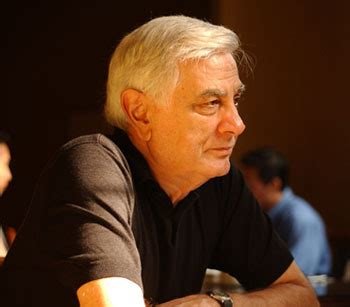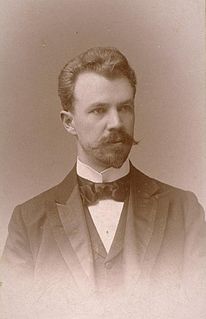A Quote by Sharan Burrow
A binding treaty and mandatory human rights due diligence would clean up slavery in global supply chains. Workers demand it, and consumers demand it.
Related Quotes
When corporations refuse to practice due diligence by not establishing grievance mechanisms for remedy of abuses against the hidden 94% of their workforce in their global supply chains, they perpetuate a depraved model of profit-making that has driven inequality to a level now seen as a global risk in itself.
Mass production is only profitable if its rhythm can be maintained.. that is, if it can continue to sell its product in steady or increasing quantity. The result is that while, under the handicraft or small-unit system of production that was typical a century ago, demand created the supply, today supply must actively seek to create its corresponding demand.
The drafting of a legally binding instrument concerning the human rights impacts of the activities of Transnational Corporations (TNCs) and other business enterprises has been proposed. Such a treaty or convention should strengthen the United Nations “protect, respect and remedy” framework of the Guiding Principles, which were unanimously endorsed by the Human Rights Council in 2011.
The competitive pressure to produce, buy, and sell to our global multi-national companies is so intense that contractors in supply chains are motivated to pay low wages, intensify exploitative conditions, keep workers fearful with insecure work contracts, or simply sack workers who have formed a union to fight back.
I do believe that oil production globally has peaked at 85 million barrels. And I've been very vocal about it. And what happens? The demand continues to rise. The only way you can possibly kill demand is with price. So the price of oil, gasoline, has to go up to kill the demand. Otherwise, keep the price down, the demand rises.




































